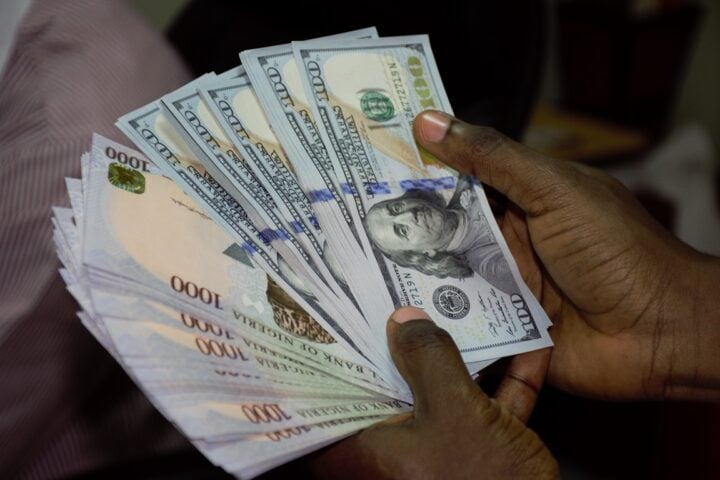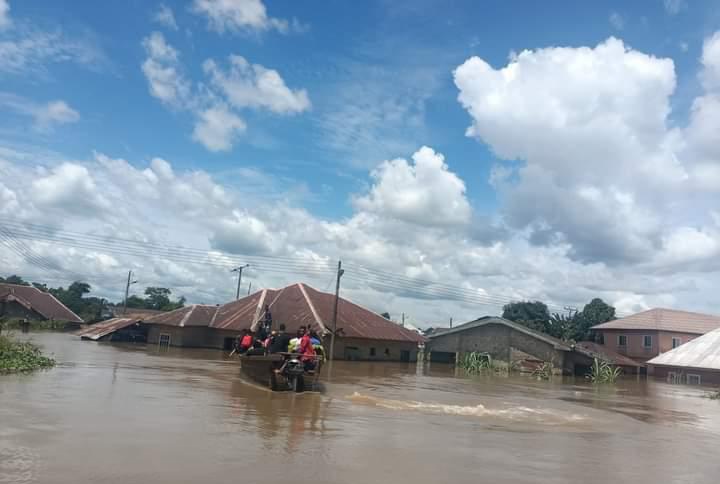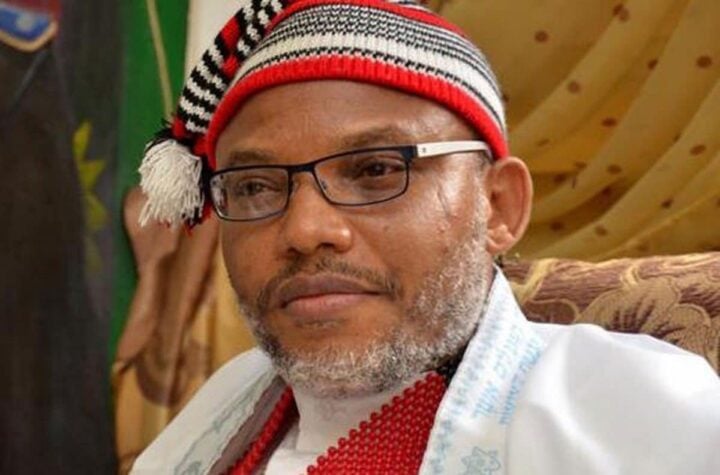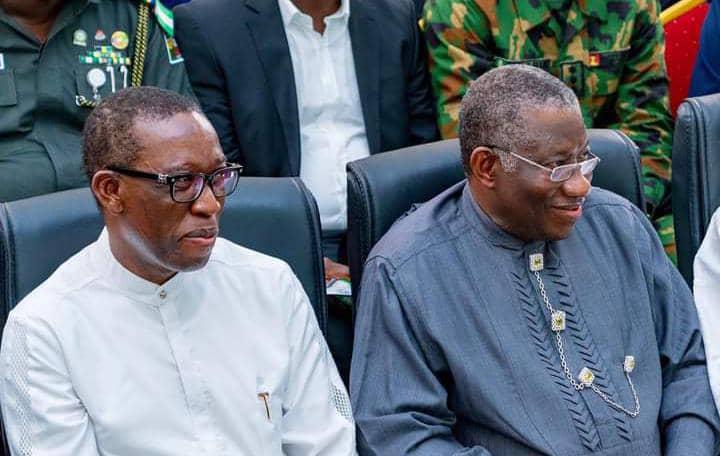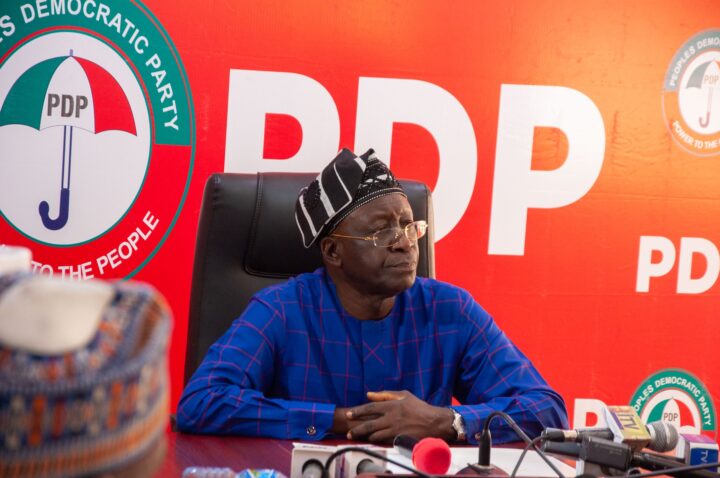The Lagos Chamber of Commerce and Industry (LCCI) has urged the federal government to take critical steps to sustain the country’s trade surplus.
Michael Olawale-Cole, LCCI president, gave the advisory on Thursday at a press conference on the state of the economy, held in Lagos.
TheCable had reported that Nigeria recorded a N3.2 trillion trade surplus between January and June of 2022.
A trade surplus is an economic indicator of a positive trade balance in which the exports of a nation outweigh its imports.
Advertisement
Olawale-Cole said sustaining the trade surplus meant the country needed enhanced and automated port operations, tackling high production costs, and boosting the supply side of the foreign exchange market to improve liquidity and its easy access.
According to him, Nigeria needed to diversify its exports by boosting local crude refining capacity, production of petrochemical products, and accelerating reforms in the oil and gas sector to attract more foreign investments in the coming months.
He, however, commended the government on the initiative to produce the new national trade policy 2023-2027, which would replace the outdated one that had been in place for years.
Advertisement
“It is hoped that when this policy is approved by the federal executive council (FEC), it will support robust trade relations between Nigeria and the rest of the world,” he said.
Olawale-Cole further recommended that fuel subsidies be removed and oil theft curtailed, if not eliminated, to provide fiscal space for subsidised production of goods, services, infrastructure, health, and education financing.
He said the Central Bank of Nigeria (CBN) should ensure monetary tightening to tame inflation, adding that targeted concessionary credit to the private sector was sustained for micro, small and medium enterprises (MSMEs).
“The CBN needs to gradually transition to a unified exchange rate system and allow for a market-reflective exchange rate,” the industrialist said.
Advertisement
“The CBN also needs to roll out more friendly supply-side policies to boost productive sectors, bolster investor confidence and help attract foreign investment inflows to the economy.
“As a matter of urgency, the government must tackle the flood menace in the country by implementing environmental guidelines and establishing preventive infrastructure.
“The impact of climate change on agriculture is becoming more evident by the day, and quick response is critical to avert food insecurity and worsening food inflation.”
Further assessing the country’s domestic outlook, the LCCI president said the growth of 1.2 percent recorded for agriculture and 3 percent for manufacturing were low when compared with other sectors that grew above 5 percent.
Advertisement
This, he said, indicated the threats facing these sectors that power the real sector, adding that the woes in these two sectors were responsible for the frightening rise in the country’s inflation rate.
Olawale-Cole added that the excruciating burden of debt service, subsidy payments, and worsening insecurity, may lead to the constraints of more production in the coming months.
Advertisement
Meanwhile, speaking on Nigeria’s power generation, Olawale-Cole said it was evident that the government does not supply sufficient power to meet the electricity demand of Nigerians.
This, he said, was because of reported issues of vandalisation of power installations, a disrupted gas supply, challenges with 100 percent metering, and the inability of distribution companies (DisCos) to take up generated power.
Advertisement
He added that with the cost of diesel at record levels and poor power supply, businesses were running at unsustainable costs and producing at uncompetitive prices.
“If not quickly tackled, these challenges will likely subdue the gross domestic product (GDP) growth potential and projections for 2022,” he added.
Advertisement
“We recommend that the government should invest more in technology to fight the vandalism of pipelines and power installations.
“The government should create funding for critical infrastructure and special-purpose intervention in the power sector.”
Her added that the most sustainable solution to Nigeria’s power shortages is the transition to renewable energy and the decentralisation of the national grid.
Add a comment

